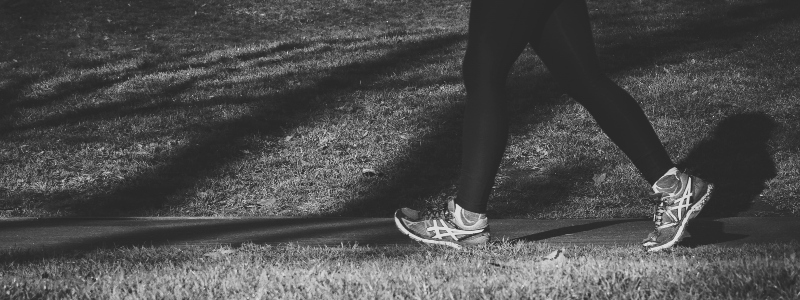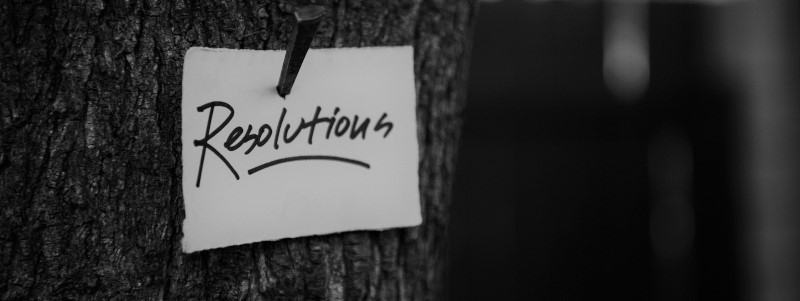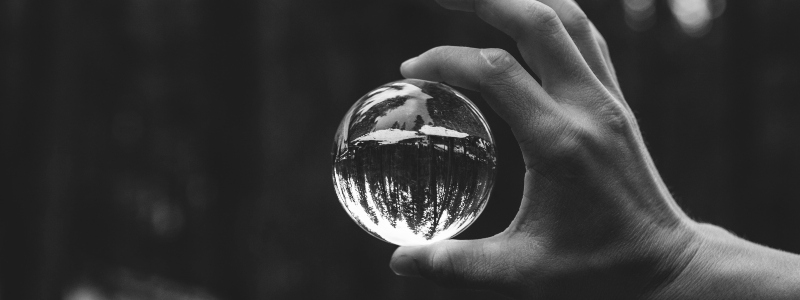The start of a new year feels like a good time to make resolutions to change your life. Cut down on drinking, learn something new, be more efficient, be kinder, be more sociable or get fit.
Gym memberships regularly peak in January, increasing by 10%-20% but how many of those new memberships are used? According to research by Fridge Raiders, published in the Daily Mail in March 2019, 23% of Britons have gym memberships but only 12% use them often. They estimate that more than 4 billion pounds a year is wasted on unused gym memberships.
The reasons given for the 50 percent who did not attend regularly or at all, were to do with feeling self-conscious or intimidated, thinking that everyone was watching, finding repetitive activity boring and not knowing how to use the gym equipment. These could be valid reasons but Robert Kegan and Lisa Laskow Lahey think it goes deeper. They ask why do we stick with the status quo when we are unhappy or unwell and know that change will make us feel better or even make us live longer? Kegan and Lahey have been researching the resistance to change for many years. In their book Immunity to Change (2009) they discovered that strongly held values, often unconscious, prevented both collective and individual change.
The most quoted finding from their studies comes from interviews with patients with heart disease who were told they must change their habits around eating, drinking, smoking and exercise and take their medication otherwise they would die. Kegan and Lahey found that only one in seven was able to make the necessary changes. Making further enquiries they discovered that although patients recognised the imperative of their doctor’s advice there were deep seated beliefs that contradicted their desire to get well.
A composite example would be a man who said that cutting down on food and drink and taking medication for ‘old people’ would make him feel he was old and weak. This challenged his idea of himself as a competent man in the midst of a productive life. Beneath this was his fear of becoming incapacitated and dying that brought back memories of his father’s illness and death. At a deep level the fears that prevented him taking care of himself were the very things that were likely to happen to him if did not change his habits.
There are many other examples in their book. Another composite example would be a manager who wanted to be more collaborative and involve his team in decision-making. Until he participated in the research he did not realise how much his fear of being a weak leader prevented him from being open to the ideas of others. This feeling stemmed from the unspoken culture of ‘you must be strong otherwise you won’t survive’ in the family he grew up in and was an integral belief about himself. When he could recognise this belief and its negative impact he was able to ask for support to change and eventually become a better and happier leader.
Kegan and Lahey’s research helps us understand why it might be so hard to change our habits to improve our lives. They offer an alternative to castigating ourselves for our indiscipline and lack of commitment and, I think, suggest that we begin by being kind to ourselves and curious.
References –
Brighton and Hove Psychotherapy is a collective of experienced psychotherapists, psychologists and counsellors working with a range of client groups, including fellow therapists and health professionals. If you would like more information, or an informal discussion please get in touch. Online therapy is available.


